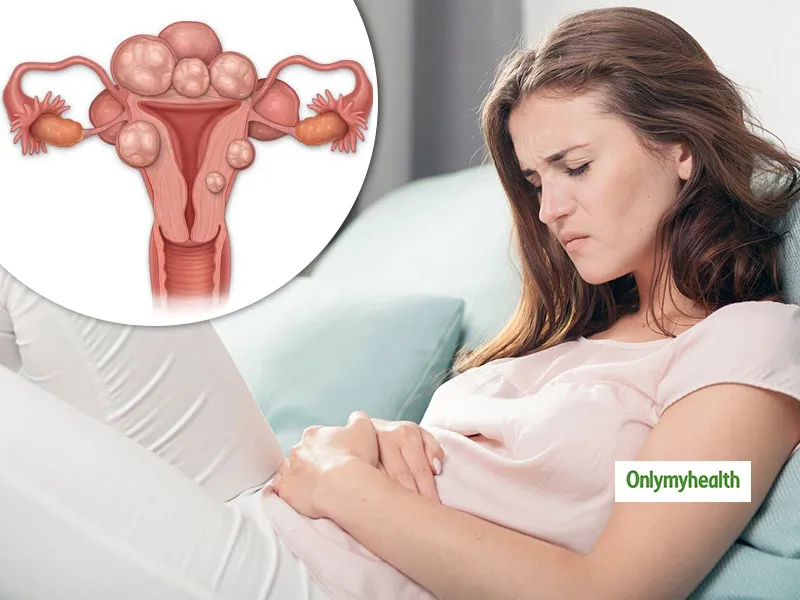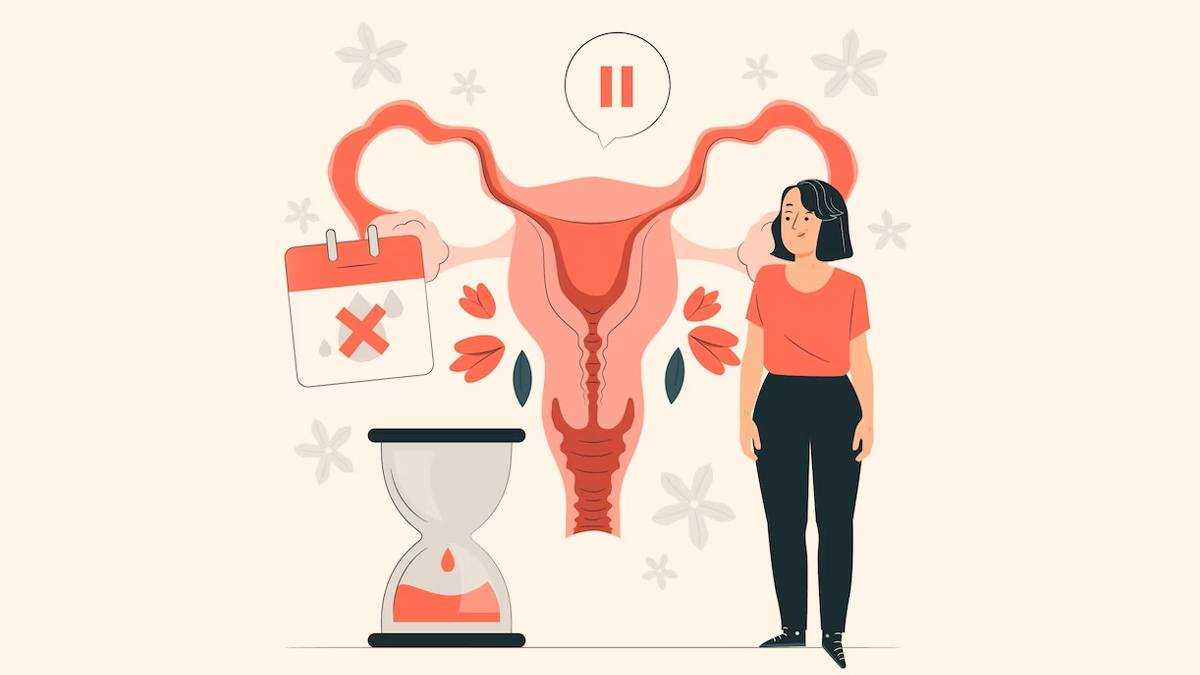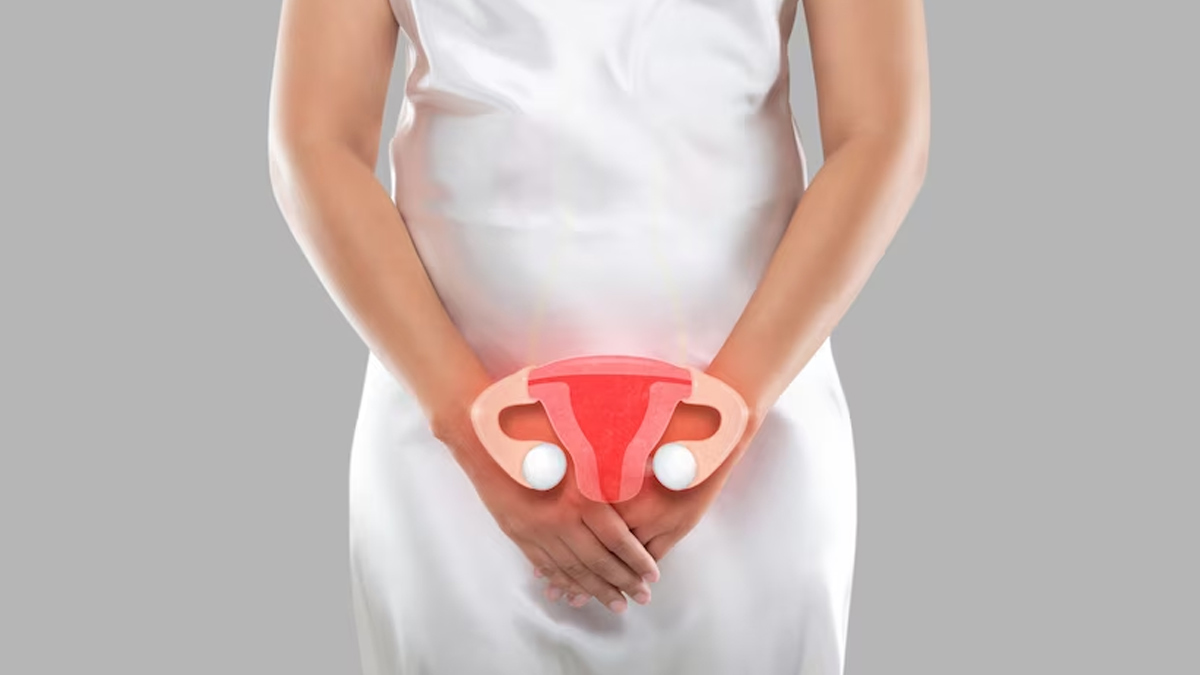
For many people and couples, fertility can be a twisted and complicated journey. The health of the uterus is among the many factors that determine whether or not one can conceive. Since it is the organ where an embryo implants and develops into a baby, abnormalities or conditions in the uterus have significant implications for an individual’s fertility.
Table of Content:-
The editorial team of Onlymyhealth asked Dr Vikas Yadav, Senior Consultant at the Department of Obstetrics and Gynaecology, ShardaCare, Healthcity—Greater Noida, to explain the relationship between uterine problems and fertility, and shed light on common issues. Here is what he shared with us.
Role of Uterus in Fertility
The uterus plays a central role in reproduction. Essentially, it must provide a receptive environment for implantation and support the growth of an embryo. A healthy uterus lining, or endometrium, is critical for that implantation; the structural strength of the uterus supports the pregnancy throughout gestation. “Any defect in these areas can interfere with conception or lead to miscarriage,” Dr Yadav emphasised.

Also Read: Low Ovarian Reserve: Understanding Its Impact On Women’s Fertility
Common Uterine Problems Impacting Fertility
Here are a few common uterine problems that impact fertility:
1. Uterine Fibroids
Fibroids are benign tumours that grow inside the uterus. Although most fibroids do not cause symptoms, however, their size, location, or number can affect fertility. Submucosal fibroids, which grow into the uterine cavity can also create a problem because the uterine lining becomes distorted, making it difficult for implantation to occur, thereby even leading to recurrent miscarriages.
2. Endometrial Polyps
Endometrial polyps are excessive growths of the uterine lining. They are also benign in nature but may interfere with the implantation of an embryo or cause abnormal bleeding, hence complicating conception.
3. Asherman's Syndrome
It is characterised by the presence of scar tissue in the uterus often as a consequence of D&C procedures. The scar tissue either diminishes the size of the uterine cavity or can even block the fallopian tubes, preventing the implantation of an embryo.

Also Read: Can You Remedy Declining Sperm Count? Expert Answers
4. Uterine Abnormalities at Birth
Some women may be born with a septate uterus, wherein there is a strip of tissue in the uterine cavity separating it into two cavities or a bicornuate uterus in which the uterine body has two distinct cavities, thus impairing conception and fetal maintenance.
Diagnosis of Uterine Problems
Diagnosis of uterine problems is usually made through a combination of imaging studies and diagnostic procedures, including:
- Ultrasound
- Hysterosalpingography
- Hysteroscopy
- MRI
Bottomline
The uterus is an integral part of fertility, and its health is a critical factor in conception and pregnancy. Although uterine problems can be challenging, they are often manageable with timely intervention and proper care. Understanding these issues and seeking expert guidance can help individuals and couples take proactive steps toward achieving their dream of parenthood.
[Disclaimer: If you have difficulty conceiving, experience irregular menstrual cycles, or have a history of uterine-related symptoms, consulting a fertility specialist is crucial. A comprehensive evaluation can identify potential uterine problems and guide you toward the most effective treatments.]
Also watch this video
How we keep this article up to date:
We work with experts and keep a close eye on the latest in health and wellness. Whenever there is a new research or helpful information, we update our articles with accurate and useful advice.
Current Version